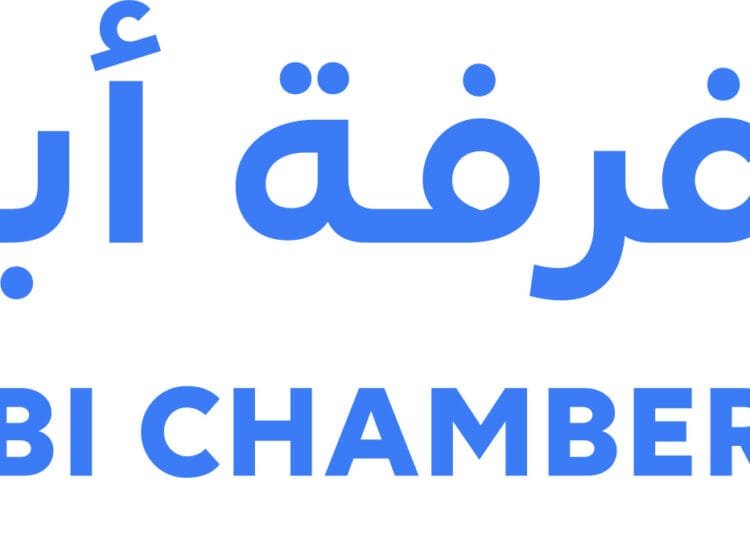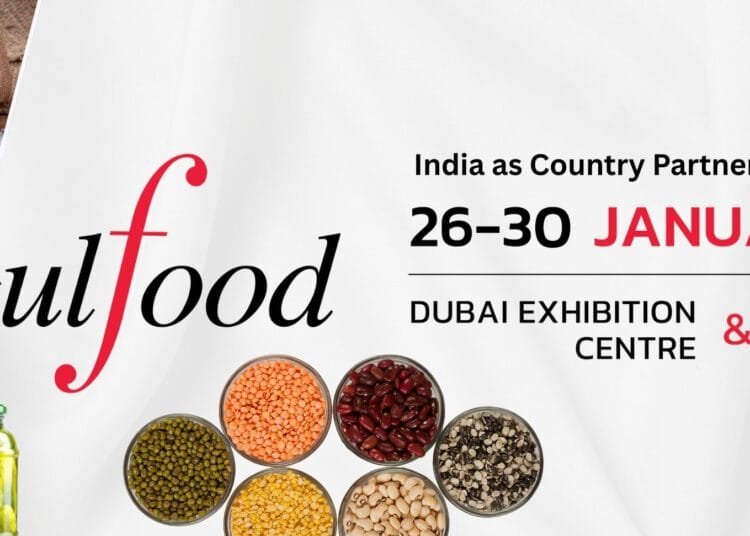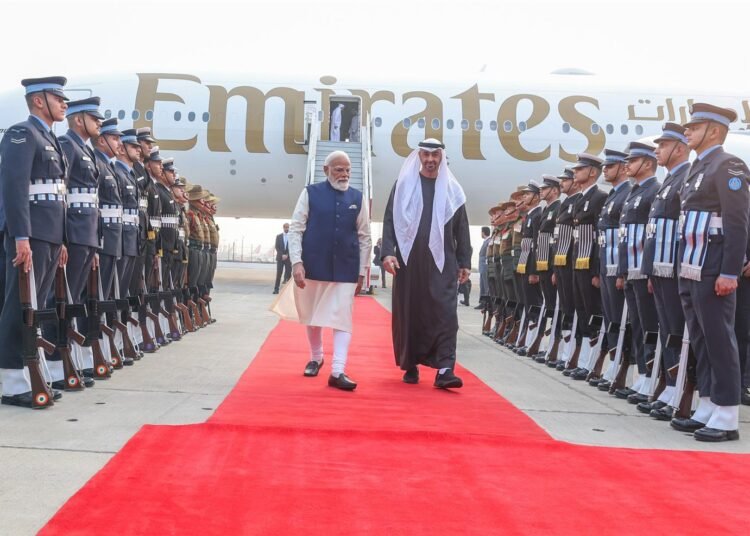APEDA launches the Bharati Scheme for startups
Minister of Commerce & Industry Piyush Goyal and Dr Thani bin Ahmed Al Zeyoudi, Minister of Foreign Trade of the United Arab Emirates (UAE) have discussed the objective of further deepening the India–UAE Comprehensive Economic Partnership Agreement (CEPA) and expand bilateral trade to US$100 billion by 2030 https://www.commerce.gov.in/.
Both Ministers, who met on 29 Aug, discussed collaboration in emerging sectors such as renewable energy, digital infrastructure, supply chain resilience, and healthcare.
Both sides underlined the need for timely trade data sharing for better monitoring under CEPA and agreed that the Sub-Committee on Services will convene within two months https://fieo.org/.
The Indian side welcomed the formation of the Emirates Drug Establishment and its role in addressing concerns of Indian pharmaceutical companies.
On market access and regulatory issues, both Ministers agreed to take up matters for early resolution in the CEPA Joint Committee.
Goyal welcomed UAE’s growing investments in India’s infrastructure, logistics, and food processing sectors, and appreciated Dr Thani’s leadership in advancing multilateral trade cooperation https://www.bseindia.com/.
The Ministers noted the importance of initiatives such as the Local Currency Settlement System (INR–AED) and Bharat Mart in the UAE as enablers of trade facilitation.
The meeting underscored the India–UAE partnership as a defining alliance of the 21st century, rooted in innovation, sustainability, and shared prosperity, the Ministry of Commerce and Industry said on 1 Sept https://www.nseindia.com/.
On 30 Aug, Goyal and Dr Thani co-chaired stakeholder meetings with representatives of the pharmaceutical and food sectors.
In the pharma sector, key issues were discussed in light of evolving geopolitical challenges. Both sides exchanged views on ways to further facilitate trade in pharmaceuticals and healthcare products. The UAE side conveyed a positive outlook on expediting registration processes and regulatory facilitation, while the Indian side highlighted its openness and readiness for inspections and audits by UAE authorities.
The Ministerial discussions also focused on emerging opportunities in traditional medicine, with special emphasis on ayurvedic products under the India–UAE partnership https://sbi.com.in/.
In the food sector, APEDA launched the Bharati Scheme to incubate food and agritech start-ups, under which more than 100 companies will be supported to build and scale brands and forge business-to-business tie-ups.
APEDA also signed an MoU with DWTC to have India as the partner country in the 2026 edition of Gulf Food, Dubai. Over 1,200 sqm of exhibition space will be allocated to Indian companies in food, marine, tea, coffee and spices segments.
The UAE side addressed concerns of the Indian food and beverages industry, including issues relating to high retail prices, price norms and mandatory testing for rice consignments https://www.abudhabichamber.ae/.
The Ministers also participated in a business interaction with industry leaders. Both sides hailed the historic progress achieved in the three years since the signing of CEPA, reaffirmed commitment to deeper investment flows, and outlined a bold roadmap for the future.
Goyal highlighted India’s strong economic growth of 7.8% this quarter and reiterated the nation’s goal of becoming a US$5 trillion economy by 2027 and a US$32–$35 trillion economy by 2047. He stressed that continued reforms in taxation, trade policy, Ease of Doing Business, and regulatory simplification will drive prosperity and sustainability https://www.ibef.org/.
Dr Thani underlined that despite global turbulence, the India–UAE partnership has emerged as a resilient driver of growth.
He noted that India, now the world’s fourth-largest economy and a technological as well as agricultural powerhouse, finds in the UAE a vital gateway to Africa, the Middle East and Europe. Fiinews.com










